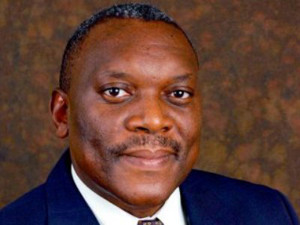
Government's goal is to provide broadband access for every South African, as well as ensure the country's cities are digitally connected, says telecoms and postal services minister Siyabonga Cwele.
Cwele was speaking at the Intel Africa Broadband and USF Leaders forum, in Cape Town, this morning. He was appointed minister of the newly-created government portfolio announced by president Jacob Zuma last month.
"Connectivity is no longer a privilege of a few, but a basic human right," Cwele told attendees. "South Africa is working towards ensuring that all South Africans have access to the Internet."
Cwele noted SA has made progress with broadband connectivity. He referred to a Stats SA general household survey for 2013, which found 40.9% of households have at least one member who uses the Internet - either at home, the workplace, a place of study, or at an Internet caf'e.
He stated most of the growth in access has been thanks to high levels of mobile connectivity.
According to BuddeComm research, SA has a mobile subscriber rate of more than 100%. "It is more reflective of the growth of mobile access in the last few years," said Cwele.
But government plans to connect more than just people, Cwele said. "The advent of the age of the Internet of things... brings into sharp focus the need for inexpensive broadband. We need to start thinking of digital cities with the need for smart energy grids... smart transport systems."
Looking more broadly at SA's technology landscape, Cwele said "policies that limit market competitiveness and rolling out of broadband will be removed".
He added that a detailed digital roadmap would be developed by government, that there will be a move to push open access broadband fibre, develop e-skills among public sector workers, prioritise e-government, and ensure all school children in the country are equipped with tablets by 2020.
Share